The Future of Quantum Computing in Business
The Quantum Leap: Is Your Business Ready for Tomorrow’s Computing Power?
Imagine a world where complex calculations that would take today’s most powerful supercomputers millennia to complete are solved in mere seconds. This isn’t science fiction; it’s the burgeoning reality of Quantum Computing.
This revolutionary field, leveraging the principles of quantum mechanics, promises to disrupt industries from medicine and materials science to finance and artificial intelligence. But is your business prepared for this paradigm shift? The potential impact of Quantum Computing is so profound that understanding its trajectory and potential applications is no longer optional – it’s a strategic imperative.
This post dives deep into the world of Quantum Computing, exploring its core concepts, market trends, practical applications, and how businesses can strategically prepare for its arrival.
Key Concepts & Trends
Quantum computing differs fundamentally from classical computing.
Classical computers store information as bits representing 0 or 1. Quantum computers, on the other hand, utilize qubits. Qubits can exist in a superposition, meaning they can represent 0, 1, or a combination of both simultaneously. This allows quantum computers to explore a vast number of possibilities concurrently, leading to exponential speedups for certain types of problems. Another critical concept is entanglement, where two or more qubits become linked, and the state of one instantly influences the others, regardless of the distance separating them.
Several key trends are shaping the landscape of Quantum Computing:
- Hardware Advancements: Major players like IBM, Google, and Microsoft are racing to build more stable and powerful quantum processors. Recent announcements showcase processors with increasing qubit counts and reduced error rates.
- Software Development: The development of quantum algorithms is crucial for harnessing the power of quantum hardware. Quantum Algorithms like Shor’s algorithm (for factorization) and Grover’s algorithm (for search) are gaining traction, although practical implementation is still under development.
- Cloud Quantum Computing: Platforms like IBM Quantum Experience, Amazon Braket, and Microsoft Azure Quantum are democratizing access to quantum computing resources, allowing researchers and businesses to experiment without the need for expensive hardware investments.
- Hybrid Computing: The near-term future likely involves hybrid approaches, combining classical and quantum computing to leverage the strengths of both.

Data & Market Insights
The Quantum Computing market is experiencing rapid growth. According to a recent report by Grand View Research, the global quantum computing market was valued at USD 2.8 billion in 2023 and is projected to reach USD 13.6 billion by 2030, growing at a CAGR of 25.6% from 2024 to 2030.
Investment in Quantum Computing is pouring in from both venture capital and government initiatives. For example, the European Union’s Quantum Flagship program represents a €1 billion investment in quantum research and technology.
A key driver of this growth is the increasing recognition of quantum computing’s potential in diverse industries:
- Finance: Optimizing investment portfolios, risk management, and fraud detection.
- Drug Discovery: Accelerating the identification and development of new pharmaceuticals by simulating molecular interactions.
- Materials Science: Designing novel materials with specific properties for various applications.
- Logistics: Optimizing supply chains and transportation networks.
Smarter Strategies & Alternatives
While the full potential of Quantum Computing is still unfolding, businesses can begin preparing now through several strategies:
- Strategic Exploration: Identify areas within your business where quantum computing could offer a competitive advantage. This might involve collaborating with research institutions or quantum computing companies.
- Skill Development: Invest in training programs to upskill your workforce in quantum computing concepts and programming.
- Cloud Access: Leverage cloud-based quantum computing platforms to experiment with quantum algorithms and test their feasibility for your specific needs.
- Focus on Quantum-Resistant Cryptography: As quantum computers become more powerful, they pose a threat to current encryption methods. Implementing quantum-resistant cryptography is a proactive step.
- Consider Hybrid Solutions: Implement solutions that leverage both classical and quantum computing where appropriate to maximize immediate benefits.
Use Cases & Applications
The practical applications of Quantum Computing are expanding rapidly.
- Volkswagen: Is using quantum computing to optimize battery materials for electric vehicles, aiming to improve range and reduce charging times.
- Mercedes-Benz: Collaborates with quantum computing companies to optimize traffic flow and logistics.
- Google: Developed quantum algorithms for drug discovery, aiming to accelerate the identification of potential drug candidates.
- Financial Institutions: Are exploring quantum algorithms for portfolio optimization and risk modeling. For example, JPMorgan Chase has been involved in research exploring quantum-enhanced optimization for asset allocation.
Common Mistakes to Avoid
- Expecting Immediate ROI: Quantum computing is still in its early stages. Don’t expect immediate, transformative results. Focus on early exploration and proof-of-concept projects.
- Ignoring Cybersecurity: As mentioned earlier, the threat of quantum computing to existing encryption is real. Proactive implementation of quantum-resistant cryptography is essential.
- Underestimating Skill Gaps: A lack of skilled professionals is a significant barrier to adoption. Invest in training and development or partner with experts.
- Blindly Adopting Technology: Don’t adopt Quantum solutions just because it’s the latest buzzword. Thoroughly assess your needs and ensure that quantum computing genuinely offers a benefit.
Maintenance, Security & Long-Term Planning
Maintaining quantum computing solutions will require specialized expertise. This includes:
- Continuous Monitoring: Quantum systems are sensitive and require continuous monitoring for stability and performance.
- Regular Software Updates: Quantum computing software is evolving rapidly, so regular updates are essential to benefit from the latest advancements and security patches.
- Data Security: Implement robust data security measures to protect sensitive information processed by quantum computers.
- Regulatory Awareness: The regulatory landscape surrounding quantum computing is still evolving. Stay informed about relevant regulations and compliance requirements.
Summary & Key Takeaways
Quantum Computing represents a transformative technology with the potential to revolutionize numerous industries. While still in its early stages, the rapid advancements in hardware, software, and cloud access are paving the way for practical applications. Businesses that proactively explore and prepare for this technology will be best positioned to capitalize on its immense potential. The key takeaways are: Stay informed, explore potential use cases, invest in skills, prioritize cybersecurity, and adopt a long-term strategic approach.
FAQs
Is it too late to invest in crypto? While the crypto market has experienced volatility, the underlying technology remains promising. Investing in related areas like quantum-resistant cryptography could be a strategic move. (Disclaimer: This is not financial advice.)
How can small businesses use AI? Small businesses can leverage AI for tasks like customer service chatbots, marketing automation, and data analysis. Cloud-based AI platforms make this accessible without significant upfront investment. (Explore tools like Google AI Platform or Amazon SageMaker).
What tech stacks scale best? Cloud-native architectures, microservices, and containerization (like Docker and Kubernetes) are generally considered to scale best. Consider utilizing serverless technologies for event-driven applications.
Ready to delve deeper into the world of quantum computing? Share your thoughts and experiences in the comments below! Don’t forget to explore our resources on Quantum Computing and other emerging technologies.
Share this content:

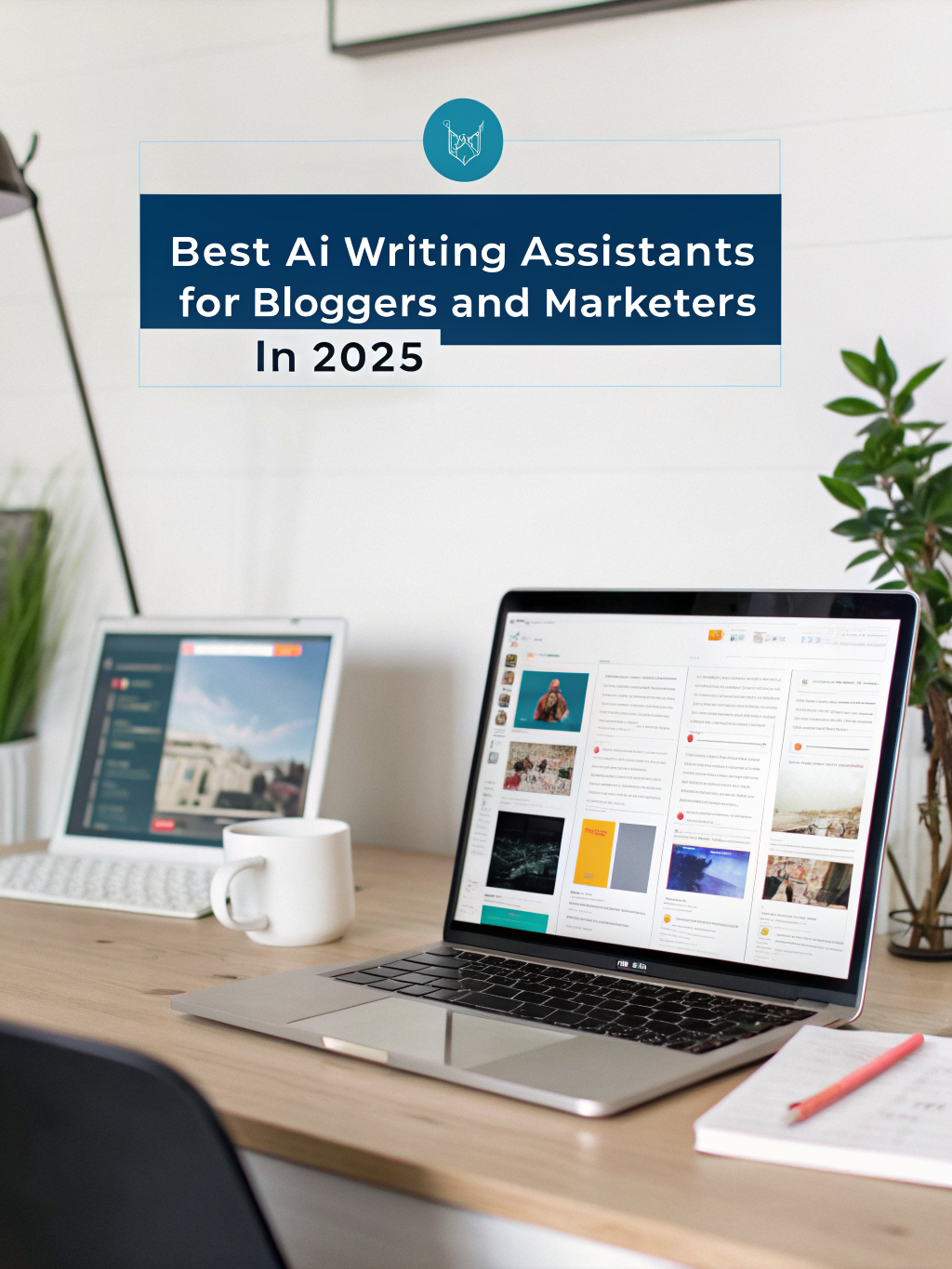
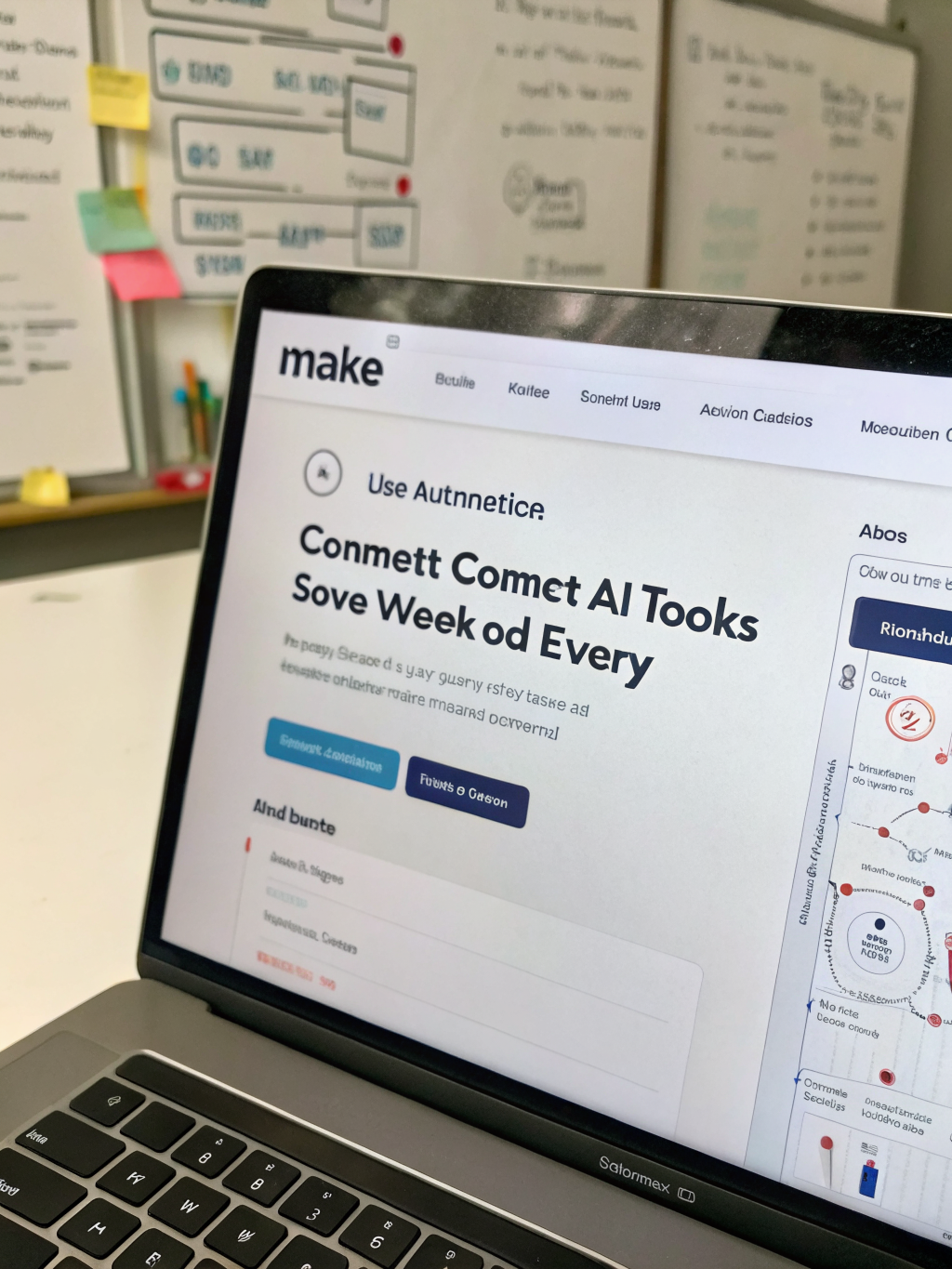
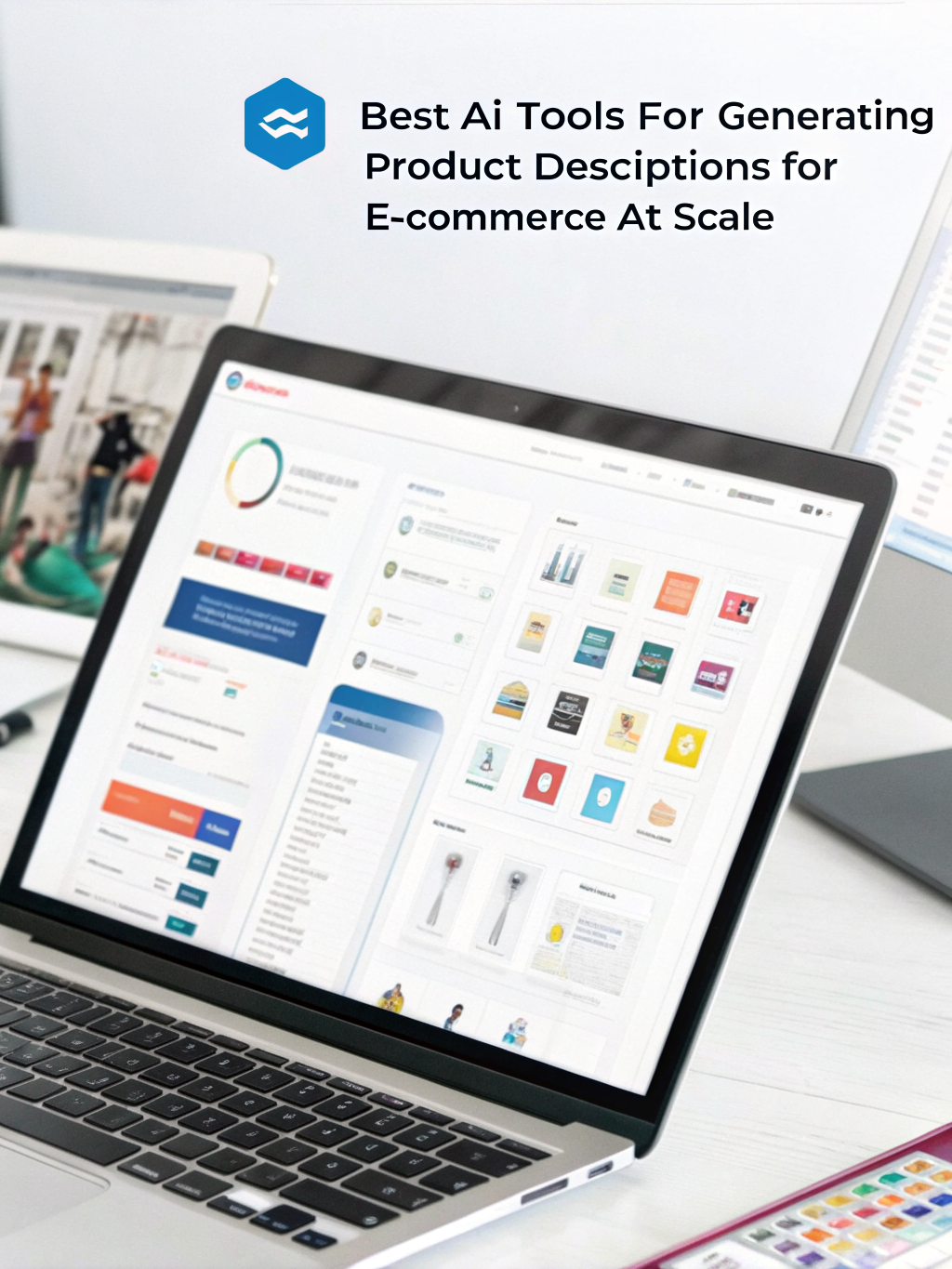
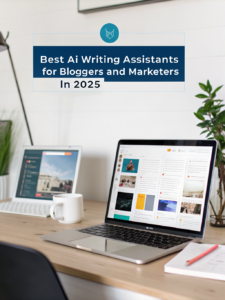
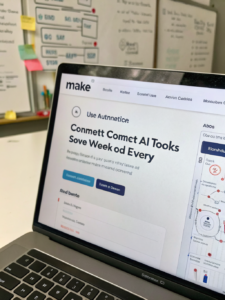
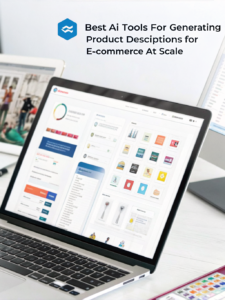
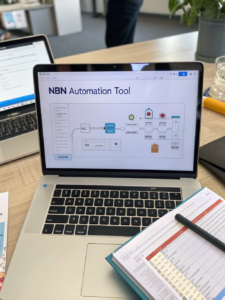
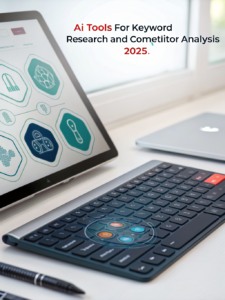




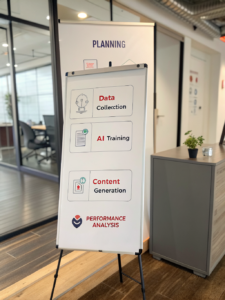
Post Comment